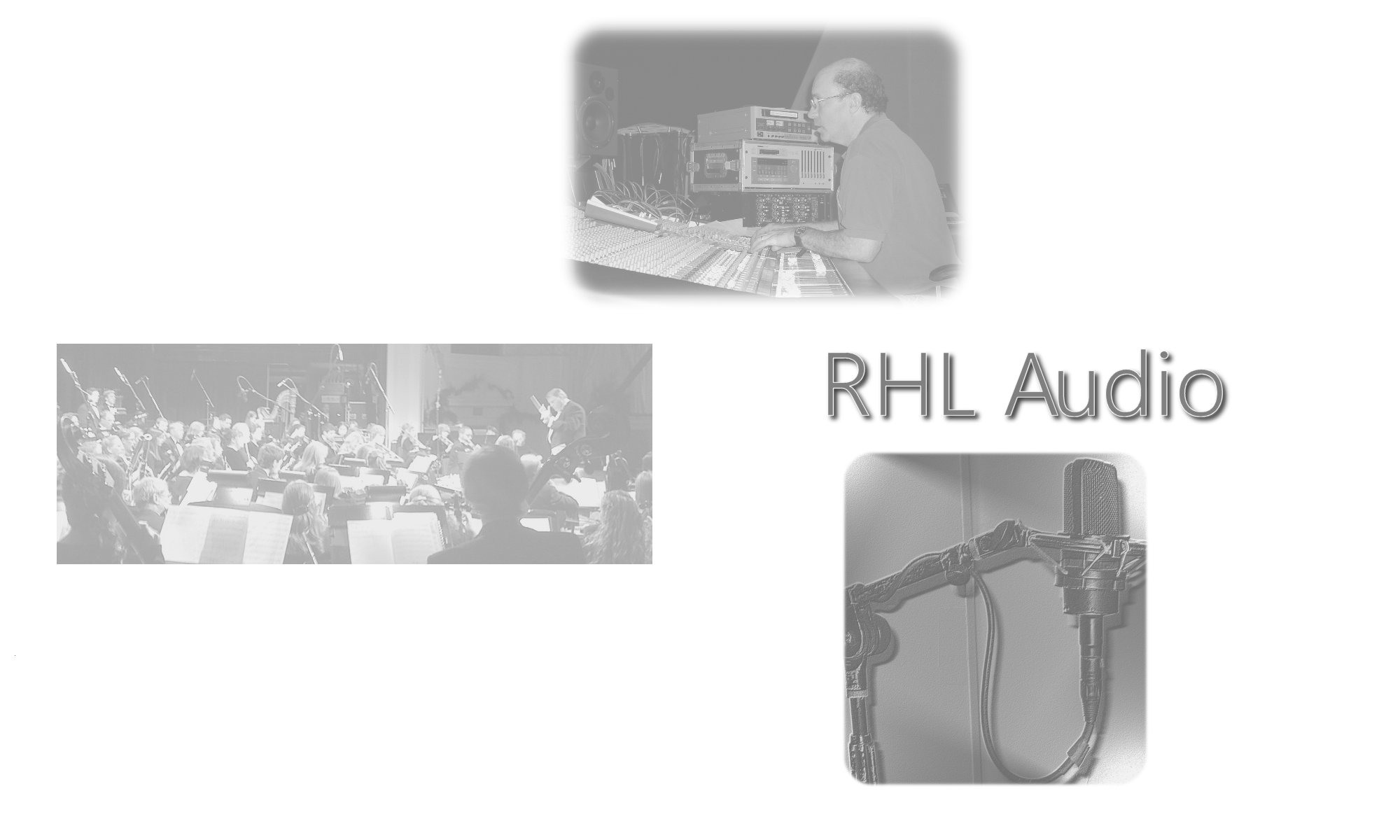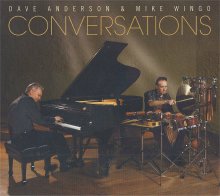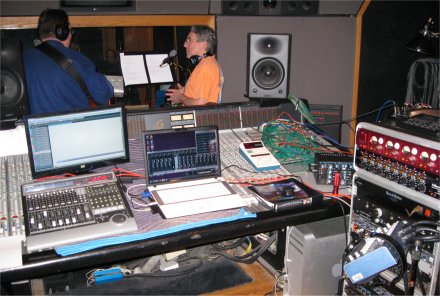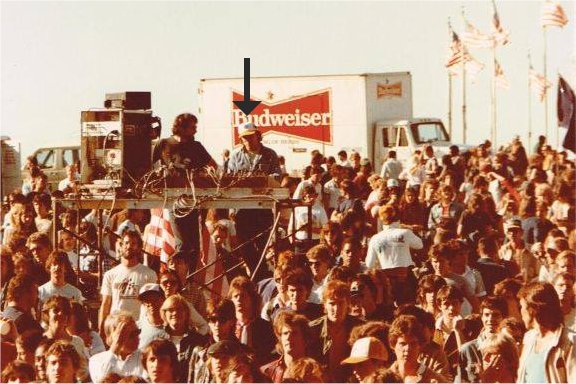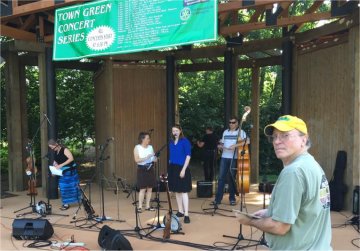Computer Maintenance
Often when working with a home studio consulting client, I realize that computer maintenance is being ignored. Usually the client is either unaware of how to perform updates, or just considers the task a nuisance.
Your DAW (digital audio workstation) requires regular computer maintenance to ensure that your system operates as smoothly as possible. When well organized, this regular task can be accomplished with minimal time and effort.
Compare a computer to a car. You need to change the oil, fill the gas tank (or plug it in,) and replace the wiper blades and tires. Performing regular maintenance helps keep it running smoothly. Like your car, your computer also requires regular maintenance and updates.
Software/Driver Updates
What needs updating? Lots of things. For example, your operating system, which often can automatically handle its own maintenance and updates. But make sure that it can’t do an automatic update while you’re doing audio work. Updating while working could result in a crash and loss of data. My solution for this is to disable the “Automatically connect to WIFI/Internet.” My music computer only connects to the internet when I choose to.
If you have a video card that isn’t part of your motherboard, your video driver needs updates. Your USB license keys (eLicenser, iLok, etc.,) have management software that needs to be kept current. Your audio software needs updates, as do the drivers for your audio interface. If you have a MIDI interface that is separate from your audio interface, its drivers need updating.
Update Organization
The key to making computer maintenance an easy task is to do it in an organized fashion. Here’s my process.
First of all, on the “C” (system) drive, I create a folder labeled “Drivers and Updates.” Within that folder, I create a folder for each software program name or company. All downloaded updates are placed in one of these folders – never on the desktop! If I use multiple software programs from a company, I’ll create separate folders for each product. These folders reside within the company folder. For example, I use Steinberg software for most of my audio recording, editing, and mixing. Within the Steinberg folder, I have a folder for Wavelab, and folder for each version of Cubase.
So, when Steinberg updates Cubase, I download the update data package into the folder for the current version (Cubase 9.5 at this moment.) Within that folder, I have the initial installation package of version 9.5. The folder also includes all additional updates. Should I need to repair and reinstall the program, all the software packages necessary reside in one folder.
For software that is frequently updated, I use a different process. For example, Steinberg updates the eLicenser software for their USB license key every 4 – 6 weeks. In my eLicenser folder, I keep the 3 latest updates. When updated, I download and install the latest version. I then rename the new installation data package by adding today’s date to the end. For example, “installupdate” becomes “installupdate 180431” when installed on April 31. Which I know doesn’t exist – just using a label that can’t reasonably be searched. Once the newest update package is renamed, I delete the oldest update version. I always retain the 3 latest versions.
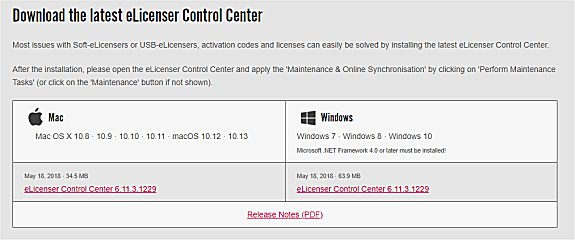
Save Your Update Links
Create a link folder titled “Updates” on your web browser menu bar. This will help make updating quick and efficient. When you find the web page containing the link for downloading each software update, save the link in the folder. Label these links clearly. Your computer maintenance becomes an easily managed task when quickly locating all your update links.
By the way, the WORST time to update is immediately BEFORE a session starts. Some OS updates can take an hour or longer. When finished, there can be incompatibilities between the OS and other software. Resolve this by either updating or reinstalling the other software. This could take 30+ minutes depending on the software. Either way, there’s potential for lost work time and client frustration. I do most of my updates at the end of a work day. I’ve got everything up and working. If a problem occurs, I can find it fast, fix it and test it before the next session.
Cell phone
